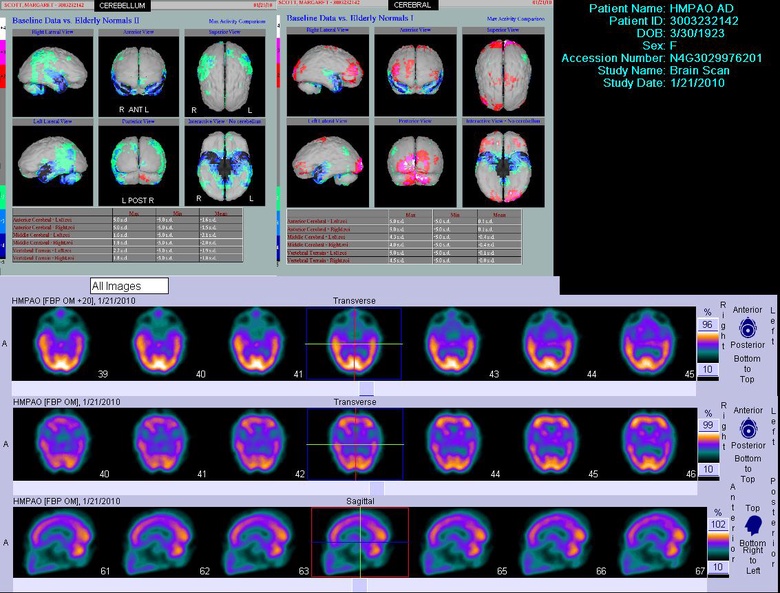The key objective of the Applied Clinical and Translational Research into Ageing (ACTRA) Group is to promote the health and independence of older people through research which:
- increase knowledge about novel risk factors and prognostic markers for common conditoins of older age
- facilitates the interaction between clinical and experimental researchers and provides training for students and staff interested in ageing-related research
- identifies personalised optimal treatment targets for relevant outcomes
- develops and tests new therapies, and undertakes lifestyle, clinical and service interventions that aim to improve the health and healthcare of ageing populations
The ACTRA Group was established in September 2013 as an academic collaboration between the University of Aberdeen and the NHS Grampian.
All those interested in ageing research are encouraged to read more about who we are and our aims or contact Professor Phyo Myint.
- Who We are
-
Co-ordinated by Professor Phyo Myint, an academic geriatrician, ACTRA membership is made up of an interdisciplinary team of both clinical and non-clinical academics who are actively engaged in clinical and translational ageing research, with a particular focus on physical and mental health.
Non-clinical academic members hail from various academic groups from the College of Life Sciences & Medicine including members from the Epidemiology Group (AGEING), Academic Primary Care, the Rowett Institute of Nutrition & Health, the Medical Statistics Team, the Health Economics Research Unit, the Chronic Disease Research Group, the Health Services Research Unit, the Aberdeen Biomedical Imaging Centre and the Translational Neuroscience Group.
Clinical academic members within the collaboration are currently actively seeing older patients in hospital and community settings, and represent clinical knowledge from the disciplines of geriatric medicine, clinical nutrition, public health, neurology, primary care, pharmacy, and neuroradiology. This interdisciplinary collaboration of researchers and clinicians provides unique assets, expertise and experience in a range of ageing-related disciplines.
- Our Aims
-
Given the expertise within the group, some of the disease areas we are focusing on are age-related neurodegenerative & cognitive disorders, cardio-vascular risk factors and the link between these. With regard to technology, we plan to use cutting edge magnetic resonance imaging methods, novel imaging tracers and translational methods such as electronics and computing science in clinical research. In addition ACTRA takes on research in therapeutics and drug development, as well as targeted intervention strategies.
ACTRA places an emphasis on translational research which occurs at both ends of the spectrum – from translating experiments using experimental models to proof of concept human studies to using observational data to inform and develop pragmatic clinical trials. ACTRA has the following established aims.
- First, ACTRA aims to increase knowledge about novel risk factors and prognostic markers for common conditions of older age including lifestyle and diet. Recent work of ACTRA members have shown that the effect of cocoa intake on platelet function appeared gender specific.
- Second, ACTRA aims to use innovative and advanced imaging techniques to better understand the link between cardiovascular risk, neurophysiology, and imaging markers of brain structure and function, and dementia related neuropathology cognitive decline as part of vascular and Alzheimer’s dementia. For example, some of the projects will focus on cardiovascular and cerebrovascular link through neuroimaging methods such as MRI, SPECT (see figure below) and PET as well as researching the best methods of image analysis and of modelling imaging and other data.


- Third, ACTRA aims to identify personalised optimal treatment targets for relevant outcomes. For example, members seek to define optimal risk management of people with cognitive decline to halt the progression of diminished cognition so as to optimize cognition in later life. The ultimate goal would be to provide clinicians with the recommendations for personalised treatment plans as current guidelines are based on trial findings which may not be necessarily applicable to real world patients.
- Fourthly, ACTRA aims to undertake lifestyle, clinical and service interventions that aim to improve the health and healthcare of ageing populations. Members are currently working together to develop public health interventions to promote physical and mental-health well-being in collaboration with the NHS and community organizations.
- Finally, ACTRA aims to facilitate the interaction between clinical and experimental researchers and provide training for students and staff interested in ageing-related research. Because ACTRA aims to cultivate world-leading researchers in medical and health sciences who are well-trained in ageing-related research, many members within the group are developing research projects and working to establish PhD studentships.
- First, ACTRA aims to increase knowledge about novel risk factors and prognostic markers for common conditions of older age including lifestyle and diet. Recent work of ACTRA members have shown that the effect of cocoa intake on platelet function appeared gender specific.
- Membership
-
- Prof. Alison Avenell
- Prof. Christine M. Bond
- Dr Christopher D. Burton
- Dr Robert Caslake
- Dr Michael Crilly
- Dr Carl Counsell
- Dr Baukje De Roos
- Prof. Amanda J. Lee
- Prof. Gary J. Macfarlane
- Dr Kathryn R. Martin
- Prof. Paul McNamee
- Prof. Alison D. Murray
- Prof. Phyo K. Myint
- Prof. Bettina Platt
- Dr Roy L. Soiza
- Dr Roger Staff
- Dr Margaret Watson
- Professor Louise Phillips
